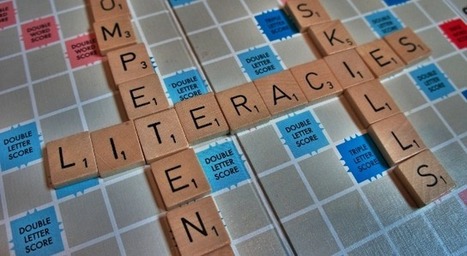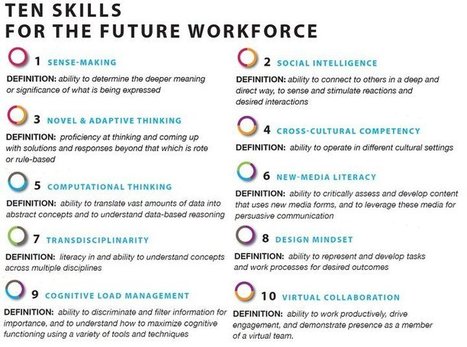The differences between literacies, skills and competencies shouldn’t merely be glossed over and ignored. These differences are important.
Literacies
Literacy is the ability to read and write. Traditionally, this has meant the ability to read and write using paper as the mediating technology. However, we now have many and varied technologies requiring us to ‘read’ and ‘write’ in different ways. As a result we need multiple literacies.
Because literacy depends upon context and particular mediating technologies there is, to my mind, no one literacy to ‘rule them all’. Literacy is a condition, not a threshold.
Skills
A skill is a controlled activity (such as a physical action) that an individual has learned to perform. There are general skills (often called transferable skills) as well as domain-specific skills.
Skills are subject to objective thresholds. So, for example, badges awarded by Scouting organisations signify the reaching of a pre-determined level of skill in a particular field.
Competencies
A competence is a collection of skills for a pre-defined purpose. Often the individual with the bundle of skills being observed or assessed has not defined the criteria by which he or she is deemed to be ‘competent’.
Competencies have the semblance of objectivity but are dependent upon subjective judgements by another human being (or beings) who observe knowledge, skills and behaviours.
Read more,
Via Gust MEES, Lou Salza



 Your new post is loading...
Your new post is loading...











